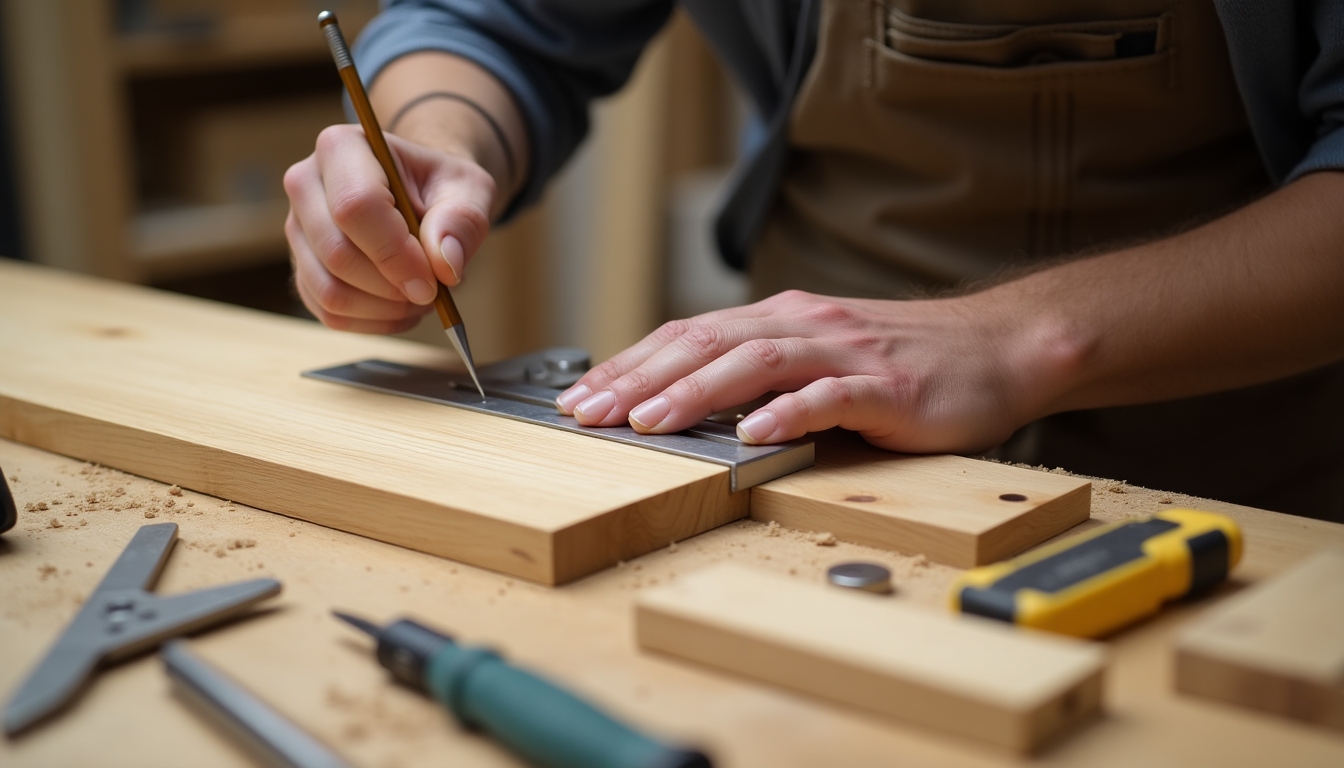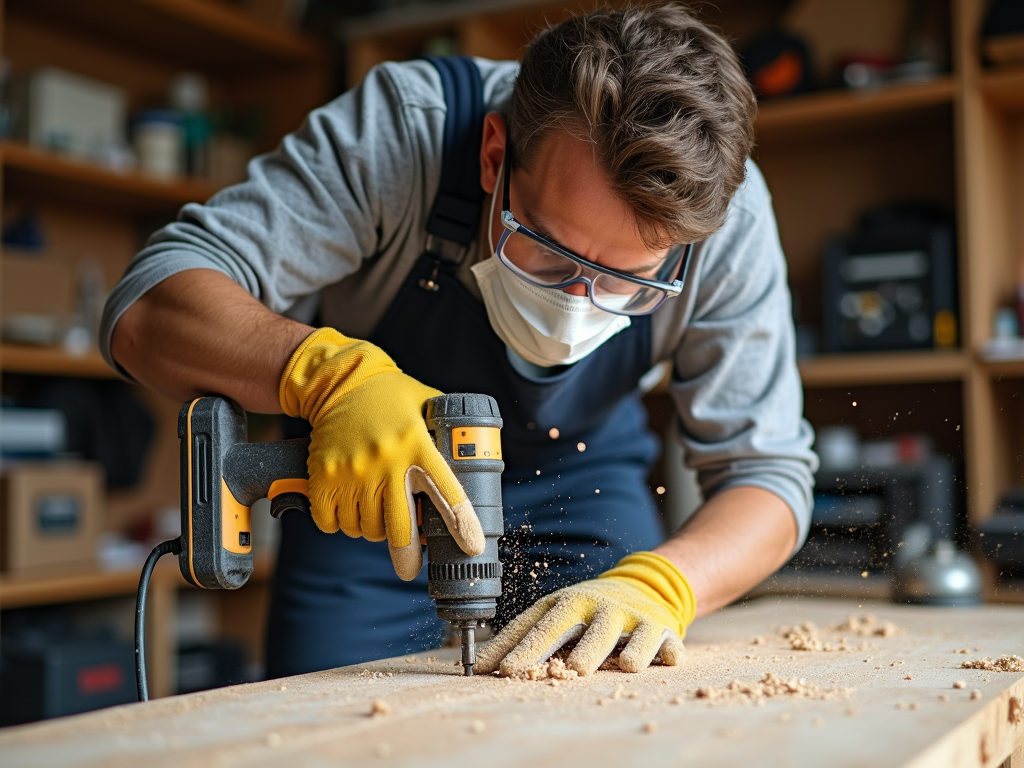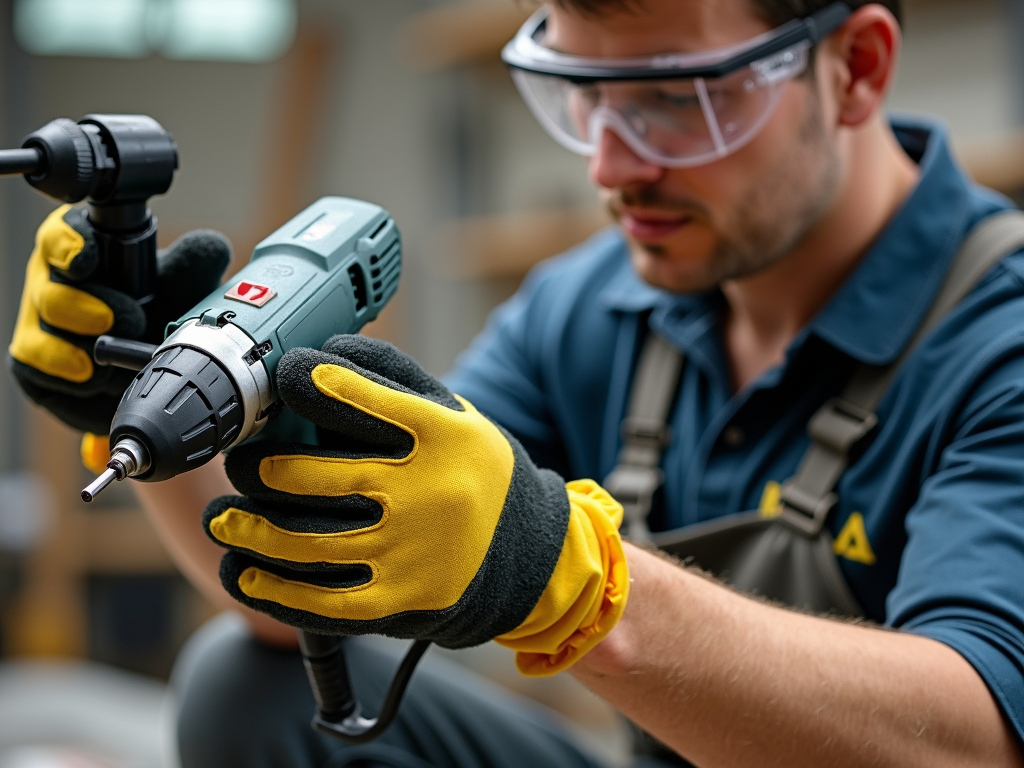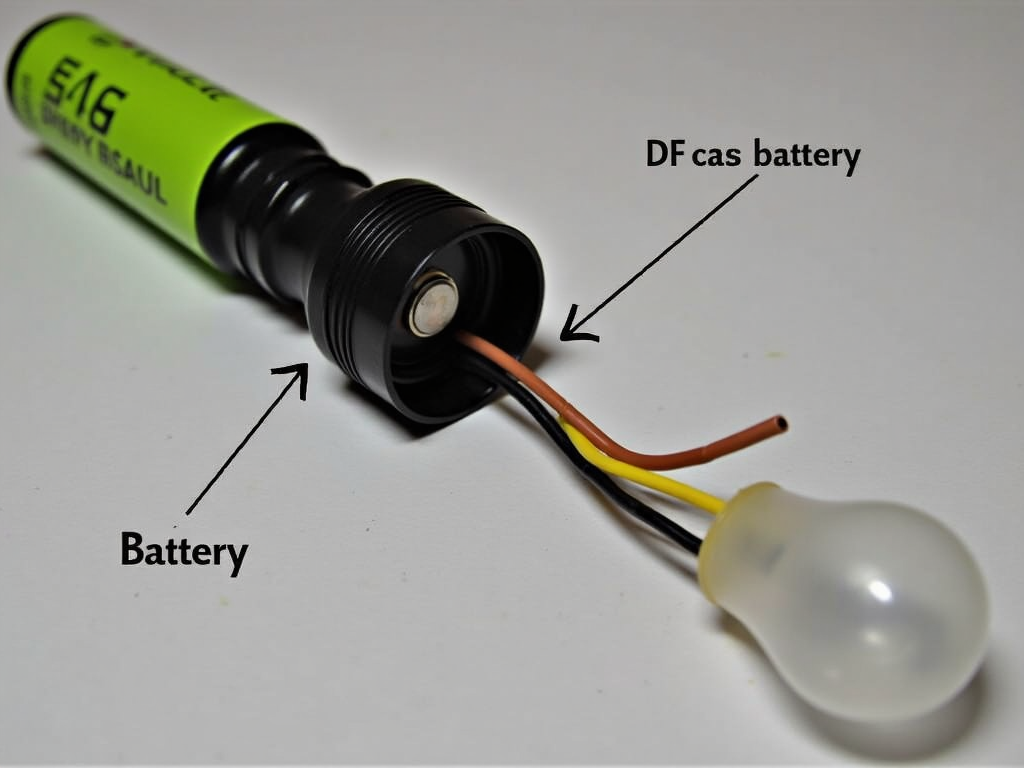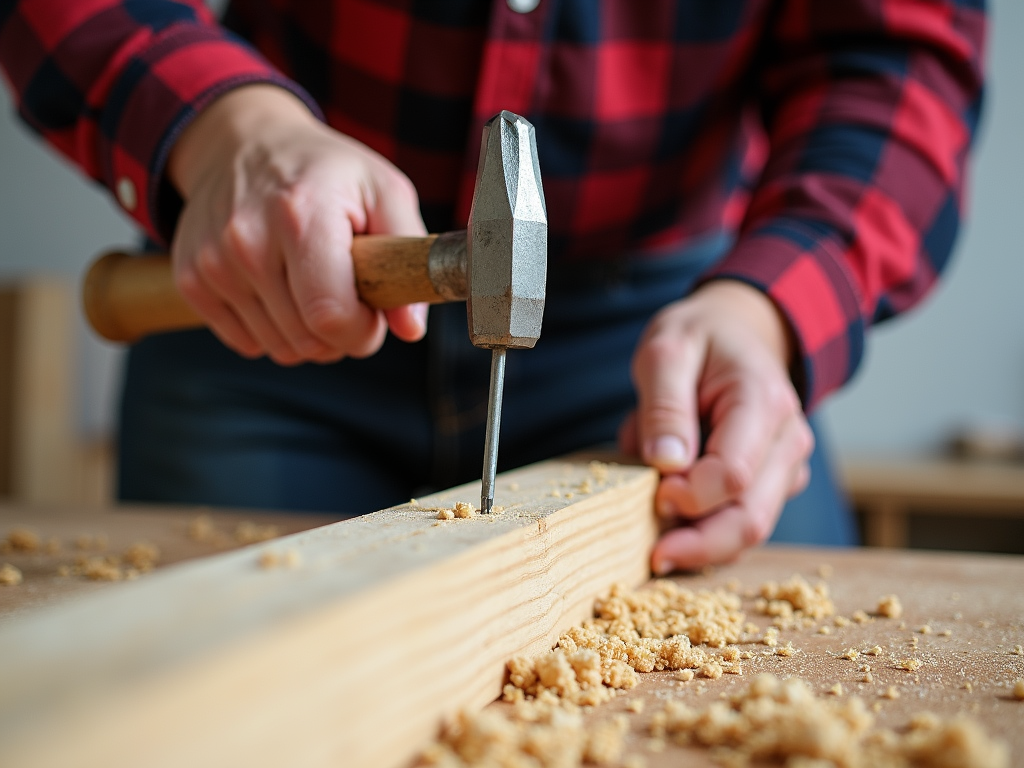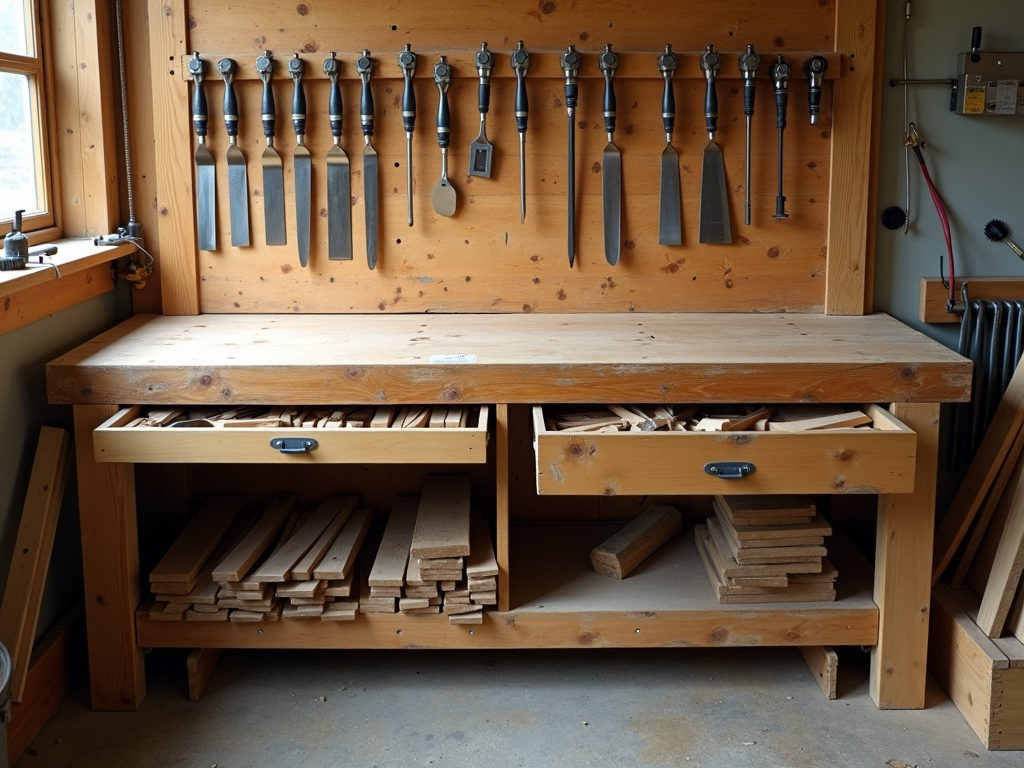In today's world, sustainability is more important than ever. Workshops, where skilled workers create and repair items, are no exception. Sustainable practices in modern workshops involve using methods and tools that minimize environmental impact while maximizing efficiency and productivity. This article explores what these practices entail, why they are crucial, and how innovative tools are shaping the future of workshops in 2024.
What Are Sustainable Practices?
Sustainable practices in workshops refer to methods and techniques that reduce the environmental footprint of workshop activities. This can include using materials that are recycled or sustainably sourced, employing energy-efficient tools, and implementing waste reduction strategies. By making conscious choices about materials and techniques, workshops can significantly decrease their impact on the environment.
Why Are They Important?
The importance of sustainable practices in workshops cannot be overstated. Environmentally, they help reduce pollution, conserve natural resources, and mitigate climate change. Economically, they can lead to cost savings through reduced energy consumption and waste disposal costs. Additionally, adopting sustainable practices can enhance a workshop's reputation, attracting environmentally conscious customers and employees.
From my own experience, I've seen how small changes in a workshop can make a big difference. For instance, switching to LED lighting not only reduces energy consumption but also creates a brighter, more pleasant working environment.
Examples of Sustainable Practices
Using Recycled or Sustainable Materials
Workshops can opt for materials that are recycled or come from sustainable sources. For example, using reclaimed wood for carpentry projects or recycled metal for welding minimizes the demand for new raw materials, thus reducing overall environmental impact.
Implementing Energy-Efficient Tools and Equipment
Modern workshops can invest in tools that consume less energy. This includes LED lighting, energy-efficient machinery, and tools powered by renewable energy sources. These investment choices not only help sustain the environment but can also lead to significant long-term savings.
Reducing Waste Through Better Design and Planning
By carefully planning projects and employing design software, workshops can minimize material waste. Additionally, implementing recycling programs for scrap materials can further reduce waste, allowing businesses to operate to the fullest while being eco-conscious.
Incorporating Renewable Energy Sources
Workshops can consider installing solar panels or wind turbines to power their operations, greatly reducing reliance on fossil fuels. Not only does this approach contribute to environmental conservation, but it can also drastically reduce energy bills.
Innovative Workman Tools in 2024
In 2024, several innovative tools are making waves in the workshop industry for their sustainability features. For instance, the EcoDrill 3000 is a cordless drill powered by a high-capacity battery made from recycled materials. Another example is the GreenSaw, a table saw that uses 30% less energy than traditional models due to its advanced motor design.
I've had the chance to use the EcoDrill 3000, and I was impressed by its performance. Despite being made from recycled materials, it's just as powerful and durable as traditional drills.
Case Studies or Examples
One notable example is the Green Workshop Initiative in California, which has retrofitted several workshops with solar panels and energy-efficient tools. This initiative has not only reduced the workshops' carbon footprints but also saved them thousands of dollars in energy costs.
Challenges and Solutions
While the benefits of sustainable practices are clear, workshops may encounter challenges in implementing them. One common obstacle is the initial cost of investing in new tools and equipment. However, many sustainable tools offer long-term savings through reduced energy consumption and maintenance costs. Additionally, government grants and incentives are often available to help offset these costs.
Another challenge is the learning curve associated with new technologies. Workshops can address this by providing training for their staff or partnering with organizations that specialize in sustainable practices.
Summary
Sustainable practices in modern workshops are essential for reducing environmental impact and improving economic efficiency. By adopting eco-friendly materials, energy-efficient tools, and waste reduction strategies, workshops can play a significant role in promoting sustainability. As we move into 2024, innovative tools and technologies will continue to drive this movement forward.
Recommended Readings
For more on sustainable materials, see our article on "Eco-Friendly Materials for Workshops."
To learn about energy-efficient tools, check out "The Best Energy-Saving Tools for Your Workshop."
Discover more in "The Future of Sustainable Manufacturing.".
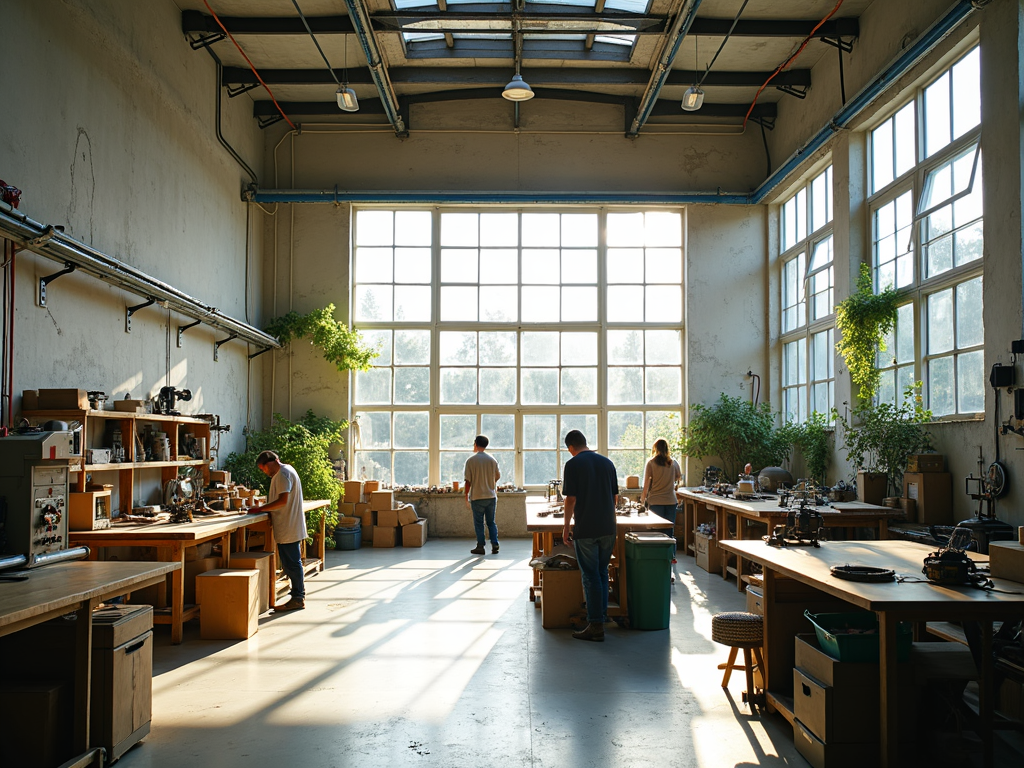
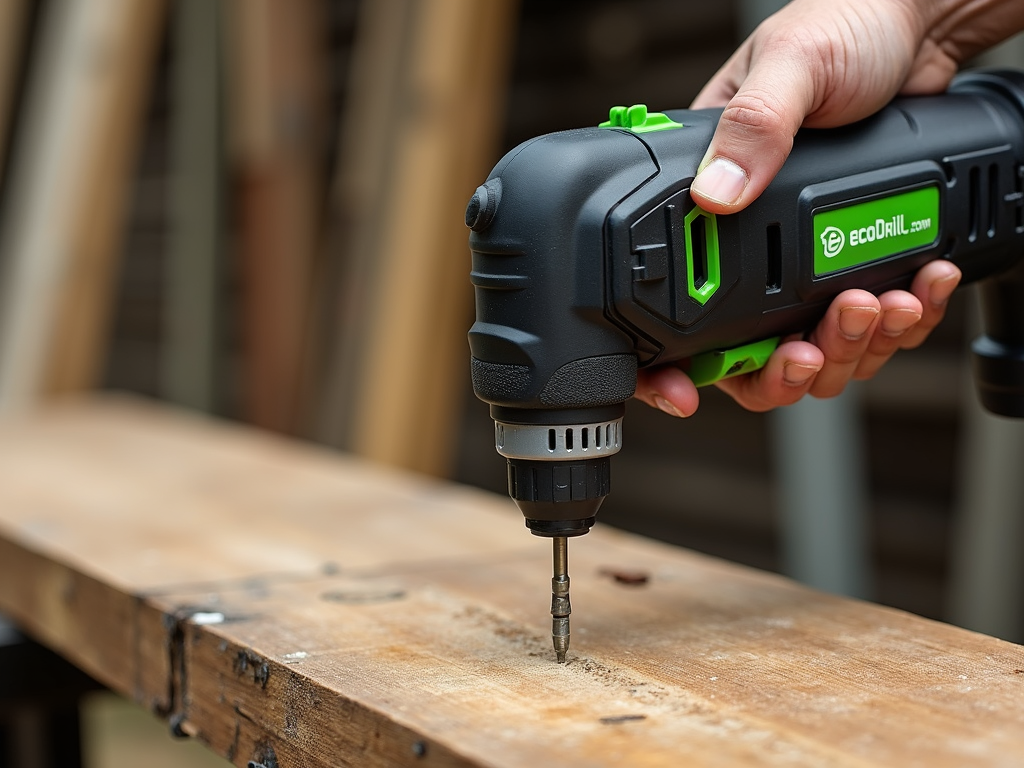

Related Sustainable Practices in Modern Workshops:
- Power Tools Safety Guidelines: A Comprehensive Guide
- Mastering Advanced Techniques for Professional Woodworkers
- Must-Have Safety Gear for DIY Projects: Stay Protected While You Create
- Healthy Habits for Hard-Working Tradespeople: Staying Safe and Comfortable on the Job
- Power Tools Maintenance Tips: Keep Your Gear in Top Shape
- Understanding Electrical Circuits: A Beginner's Guide
- The Importance of Tool Safety
- The Rise of Smart Tools in Woodworking: A New Era of Safety and Innovation
- The Ultimate Guide to Power Tools for Precision Drilling
- Best Power Drills for Home Use
- Essential Tools for Beginners: A Comprehensive Guide
- Maximizing Small Workshop Spaces: A Workman's Guide to Efficiency

